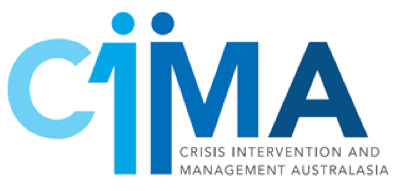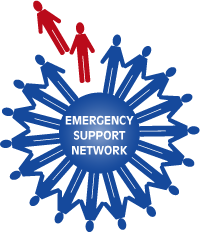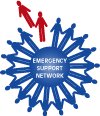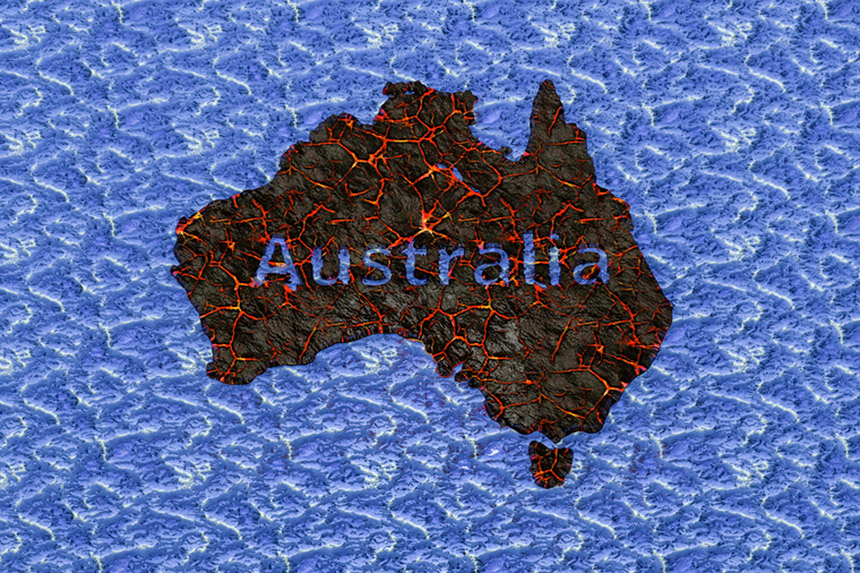ESN would like to share some very pertinent words of wisdom from the President, Crisis Intervention and Management Australasia, Peter Kueffer (Registered Psychologist) pertaining to our Australian bushfire disaster. We hope that his words will assist you and others during this unprecedented and devastating time.
A letter from the President
Australian Bushfires I January, 2020
First, I would like to acknowledge the wonderful contribution from our members as this disaster continues to unfold. I would also thank the present and past members who have made contact with offers to help. The scale of this disaster is unprecedented in Australia and its impact is being felt on the whole community.
Of course, it is a given that those of us in the helping professions want to help. It’s what we do. However, I feel that it is important to be mindful of a number of important points.
At this point in time, we are not at the end of the emergency, it remains ongoing. This has important implications for any mental health interventions. It is a time for crisis intervention as opposed to psychotherapeutic intervention. And conventional counselling techniques focusing on the expression of feelings risk causing further distress for those who are already overwhelmed by emotions.
For those who are trained and experienced in the CISM methodologies, remember that the group processes of Defusing and Debriefing are not appropriate or effective until the disaster/emergency/critical incident is over. Jeff Mitchell has said that experience has shown him that the greater the magnitude of the critical incident, the longer the timeframe between its end and an effective Debriefing should be.
However, the large group processes of Crisis Management Briefings and RITS (formerly named Demobilization), are appropriate and effective at this time.
There is general consensus that Psychological First Aid (PFA) is of most benefit when assisting individuals during a disaster.PFA comes in many forms with related acronyms. SAFER-R is PFA within the CISM methodologies. MANERS, developed by Ambulance Victoria, is a widely used methodology. Whatever the name or acronym, the methodologies share some common and fundamental principles. In general terms, these can be summarized as follows:
- Make contact, engage
- Provide safety and comfort
- Provide stabilization
- Provide information and acknowledge needs and concerns
- Provide practical assistance
- Provide information on coping
- Assist in connecting with social supports
- Link with collaborative services
Remember that however effective we may be in crisis intervention and facilitating an improvement in wellbeing, we are only ever there at a point in time. Following the 2009 bushfires, research found that family members tended to be seen as the main source of support, in conjunction with friends, social networks and community groups. Consequently, the PFA component involving assisting in connecting and linking is important.
In conclusion, be very mindful of self care. Crisis intervention in a disaster of this scale can be physically and mentally exhausting, especially when working in isolation. Remember the principles of PFA and connect with your peers and colleagues, and talk through your experiences.
Best wishes
Peter Kueffer
President






